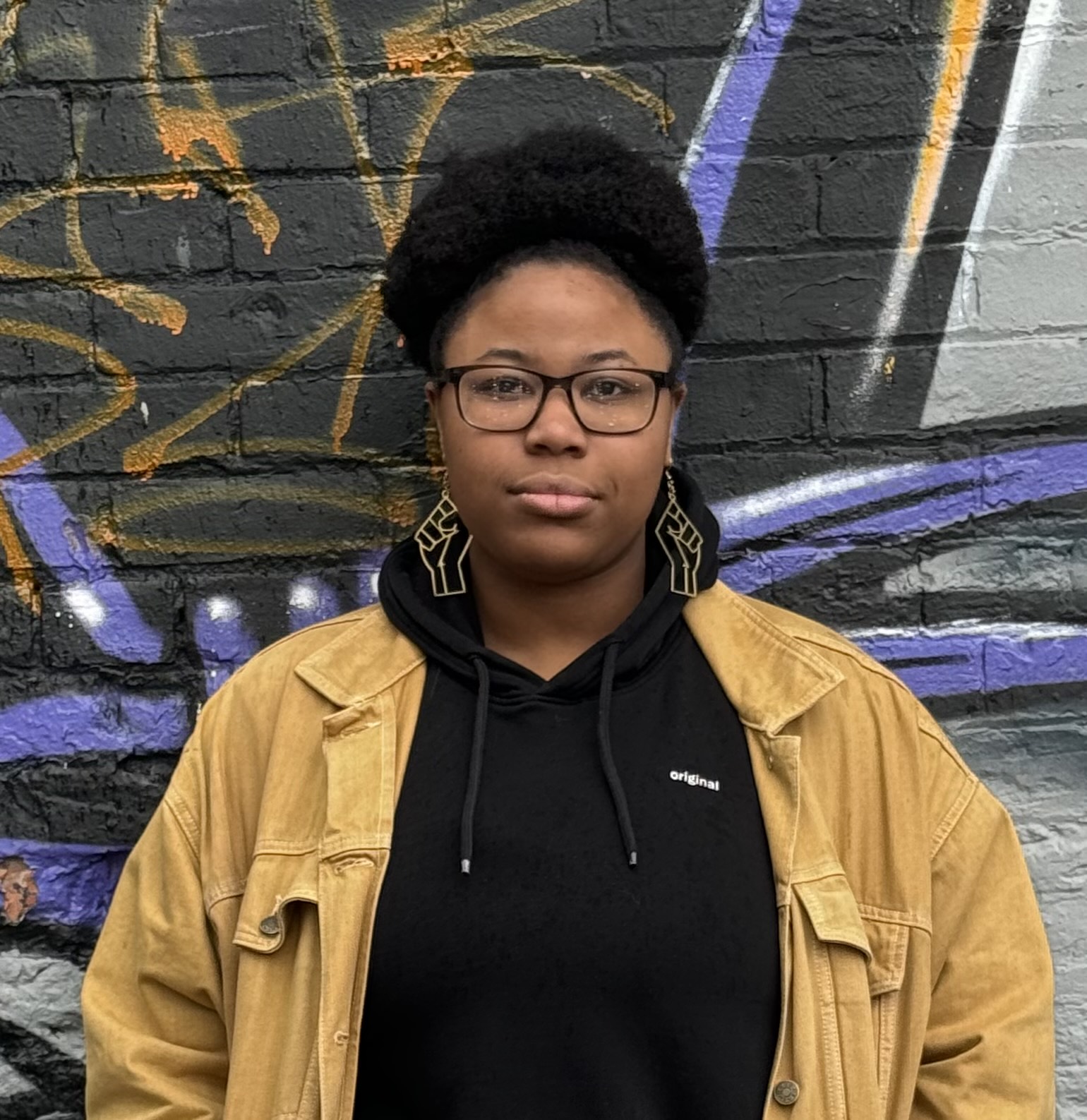 Here we are fragile, but not yet broken. Here we are rallying in defiance. Here we are with our ancestor’s breath fresh in our lungs. We are at this moment together. We are facing this moment with eyes wide open. It is now that we summon the screams in our chest. It is now that those sounds must create anew.
Here we are fragile, but not yet broken. Here we are rallying in defiance. Here we are with our ancestor’s breath fresh in our lungs. We are at this moment together. We are facing this moment with eyes wide open. It is now that we summon the screams in our chest. It is now that those sounds must create anew.
Essay Archives
USAID’s pause and its effect on one Kenyan organization
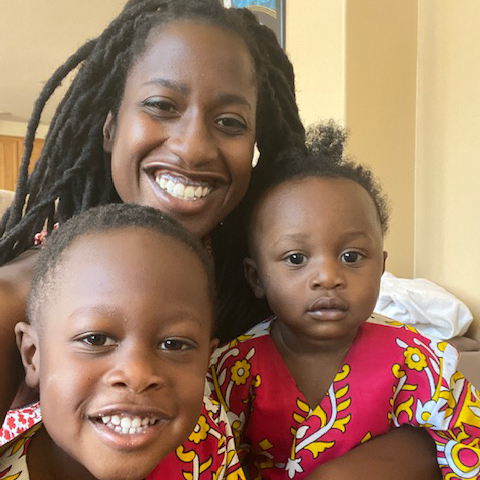 One day, Bernadette and others were working in the office, when they received the news that everything was being put on hold indefinitely due to the order made by the US president to stop funding the President’s Emergency Plan for AIDS Relief (PEPFAR).
One day, Bernadette and others were working in the office, when they received the news that everything was being put on hold indefinitely due to the order made by the US president to stop funding the President’s Emergency Plan for AIDS Relief (PEPFAR).
Palestine will free us all: A story of funder repression
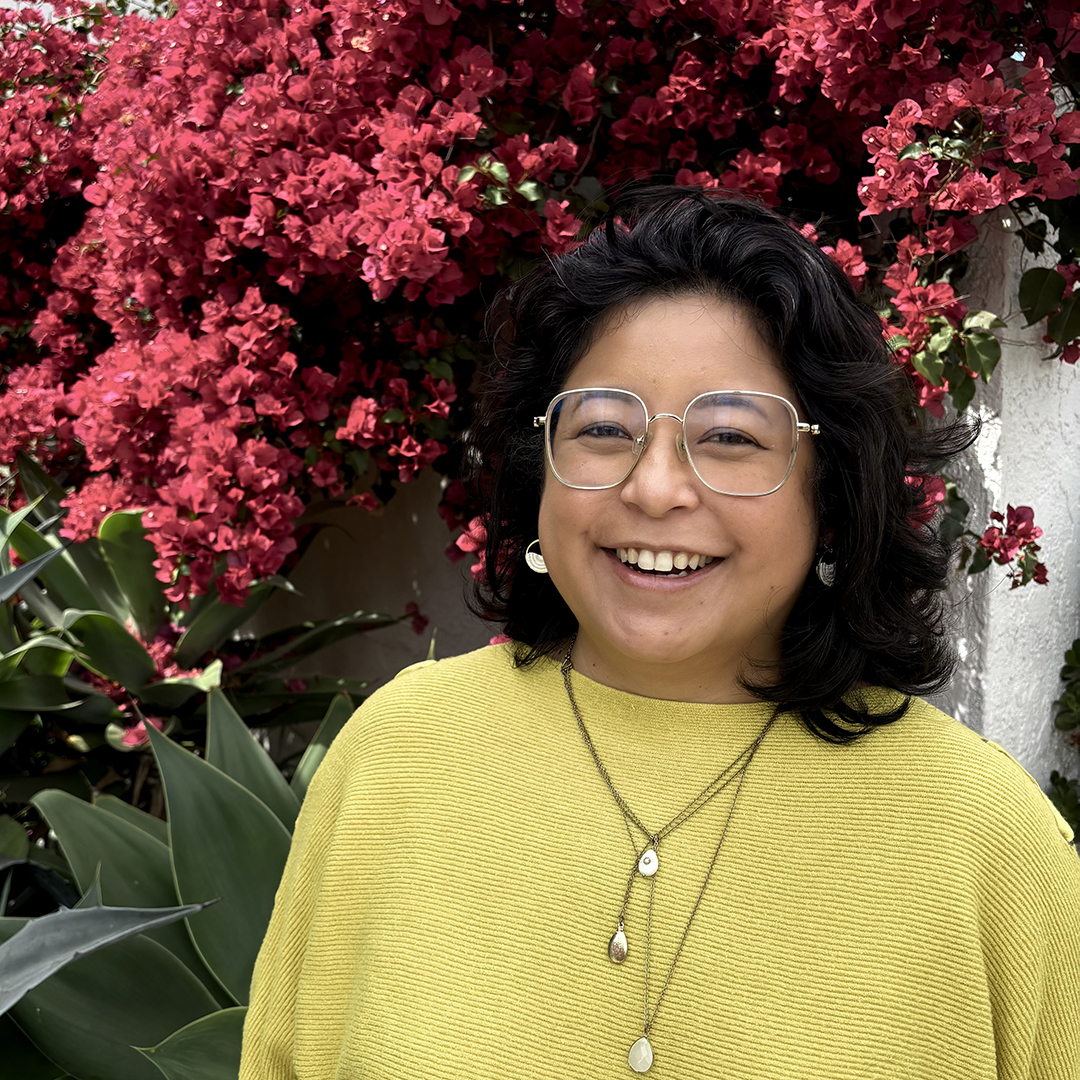 The funding loss was initially a gut punch. It stoked fear in our hearts, it made us question our campaigns, and above all, it made us grieve the ongoing violence against Palestine.
The funding loss was initially a gut punch. It stoked fear in our hearts, it made us question our campaigns, and above all, it made us grieve the ongoing violence against Palestine.
Navigating justice as the “model” minority: Asian solidarity and allyship in BIPOC movements
By Rachel D’Souza and Esther Saehyun Lee
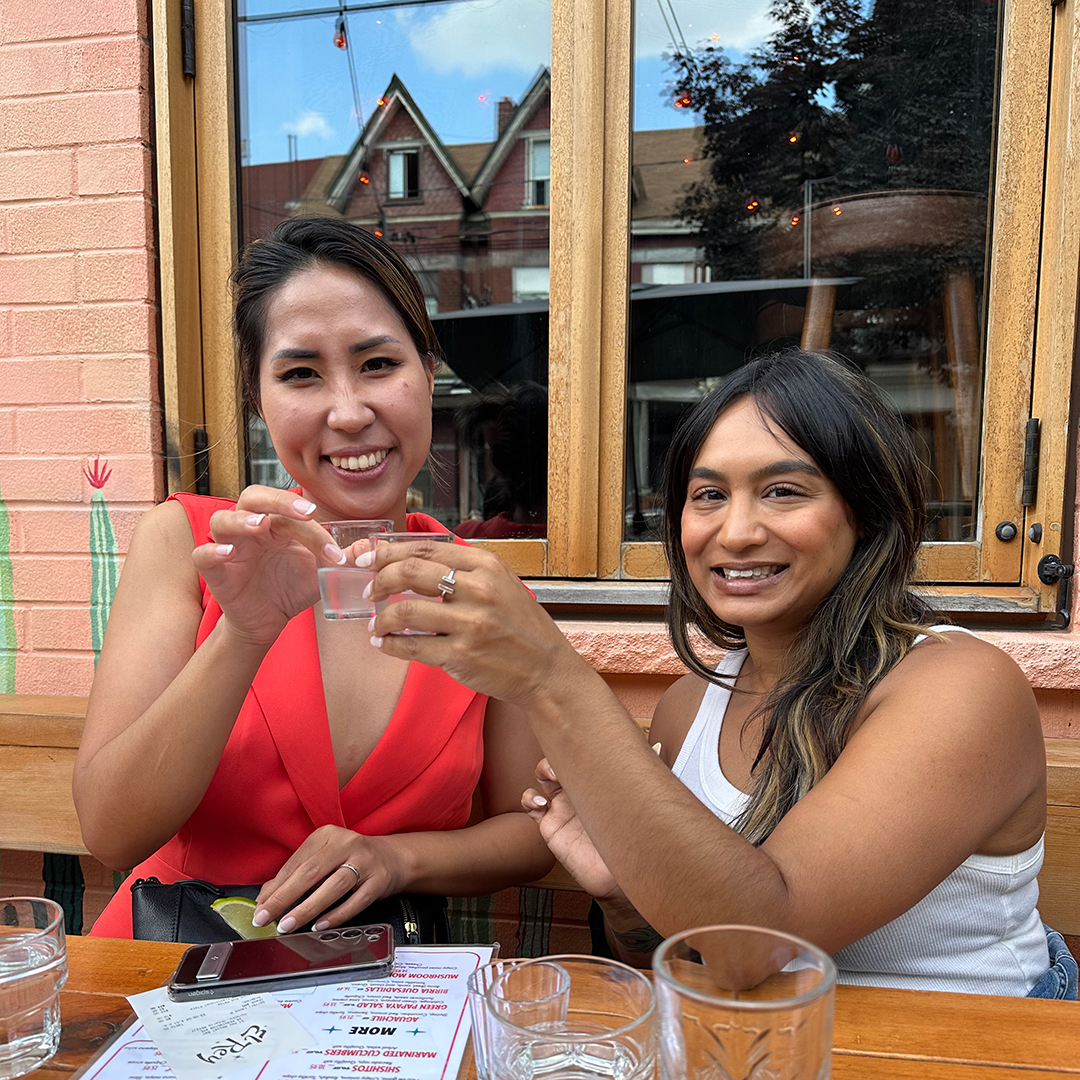 In honor of Asian American Heritage Month, Esther and I wanted to explore the potential roles and opportunities for those of us who identify as Asian or of the Asian diaspora in movements for justice like Community-Centric Fundraising.
In honor of Asian American Heritage Month, Esther and I wanted to explore the potential roles and opportunities for those of us who identify as Asian or of the Asian diaspora in movements for justice like Community-Centric Fundraising.
Making DEI unshakeable: Why it needs to be embedded in your organization and not just a program in it
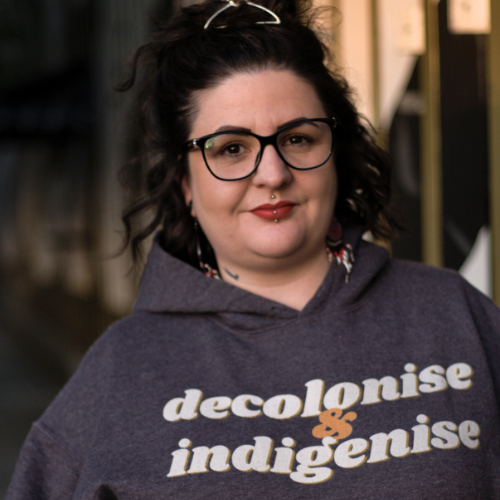 This is a time to move beyond only diversity-based initiatives… and make the structural changes necessary to create a workplace where Black, Indigenous, People of Color, disabled, queer, trans and gender-expansive people, and others who face systemic oppression are safe to work.
This is a time to move beyond only diversity-based initiatives… and make the structural changes necessary to create a workplace where Black, Indigenous, People of Color, disabled, queer, trans and gender-expansive people, and others who face systemic oppression are safe to work.
Donor-Advised Funds (DAFs) and how the sector resists change
 Donor-advised funds (DAFs) continue to grow at a ridiculous rate, and criticism of them continues to be limited, and I thought it time to follow up on how the sector resists needed change.
Donor-advised funds (DAFs) continue to grow at a ridiculous rate, and criticism of them continues to be limited, and I thought it time to follow up on how the sector resists needed change.
Principle 5 in action: Why volunteer engagement deserves equal investment and how to start investing in it
 A key reason I was drawn to Community-Centric Fundraising (CCF) is Principle 5: Time is valued equally as money. Yet, in most nonprofit organizations, volunteer engagement is not valued as equally as donor engagement.
A key reason I was drawn to Community-Centric Fundraising (CCF) is Principle 5: Time is valued equally as money. Yet, in most nonprofit organizations, volunteer engagement is not valued as equally as donor engagement.
Don’t roll back your DEI initiatives. Leverage your power and show some solidarity.
 Now is the time for those of us with privilege to leverage our power and show some solidarity. Now is a great time to examine our ability to divest from federal funding and commit to building a future rooted in justice and authenticity.
Now is the time for those of us with privilege to leverage our power and show some solidarity. Now is a great time to examine our ability to divest from federal funding and commit to building a future rooted in justice and authenticity.
Tired of fair-weather funders who pull funding when it’s most needed? Fund it yourselves.
 Self-funding means your board doesn’t have to side-eye every press release. It means you can call out injustice, push for systemic change, and stay true to your mission—without sugarcoating or playing nice. Our work is about breaking chains, not asking for longer ones.
Self-funding means your board doesn’t have to side-eye every press release. It means you can call out injustice, push for systemic change, and stay true to your mission—without sugarcoating or playing nice. Our work is about breaking chains, not asking for longer ones.
Anger is beautiful. Anger is generative. Anger is ancestral.
 Righteous rage is the sacred, ancestral fury that knows injustice is not meant to be swallowed but spoken, screamed, sung into being. It is the riot which brings freedom from slavery, fuels the gay-liberation movement, and keeps land and water defenders rallying in the face of police brutality.
Righteous rage is the sacred, ancestral fury that knows injustice is not meant to be swallowed but spoken, screamed, sung into being. It is the riot which brings freedom from slavery, fuels the gay-liberation movement, and keeps land and water defenders rallying in the face of police brutality.
Embracing the immigrant experience and the power of inclusion
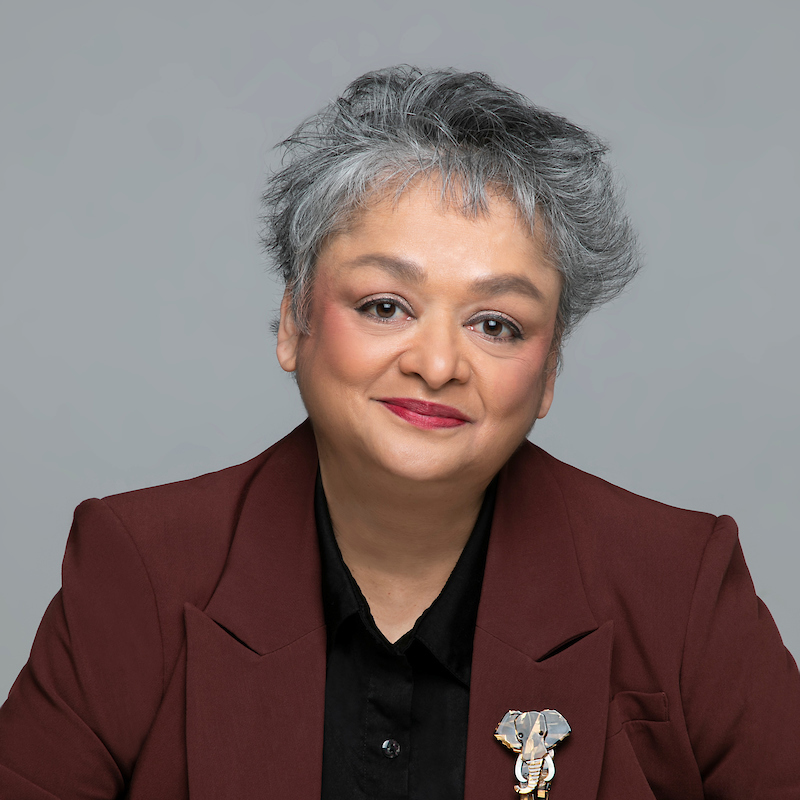 The question I grapple with now is not new but remains painfully unresolved: When does someone truly become American? Is it a matter of time? Generations? Sacrifice? How many years must a person live here, and how many contributions must they make before their “Americanness” is no longer questioned?
The question I grapple with now is not new but remains painfully unresolved: When does someone truly become American? Is it a matter of time? Generations? Sacrifice? How many years must a person live here, and how many contributions must they make before their “Americanness” is no longer questioned?
Trump and Trumpers aren’t to blame for everything happening right now. It’s white supremacy culture, and you might be contributing.
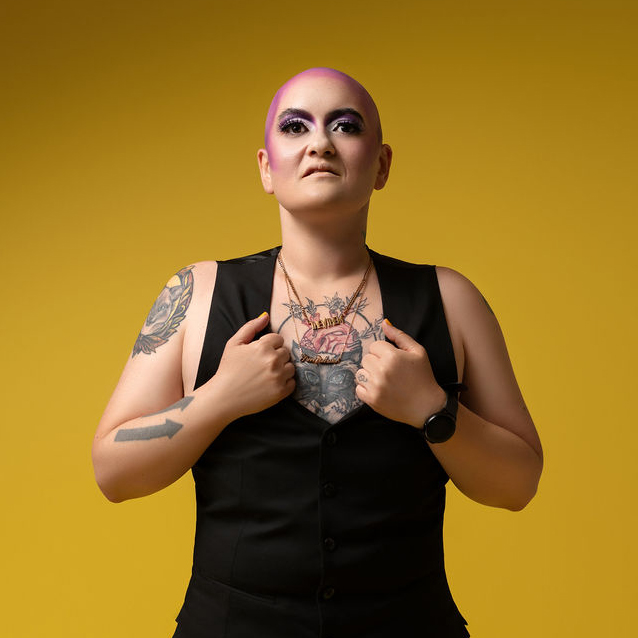 …we’re letting far too many people and entities off the hook when we desperately need them to examine their behavior, beliefs, and actions that contribute to the oppression that those of us who are minoritized have always experienced and led to this fascist regime we’re sliding toward now.
…we’re letting far too many people and entities off the hook when we desperately need them to examine their behavior, beliefs, and actions that contribute to the oppression that those of us who are minoritized have always experienced and led to this fascist regime we’re sliding toward now.
